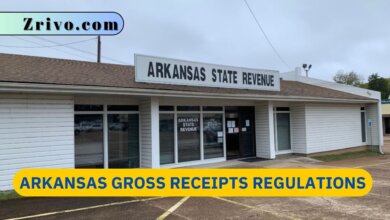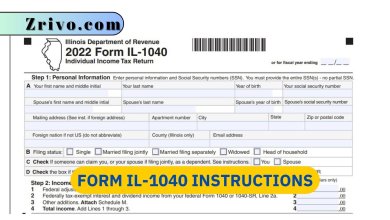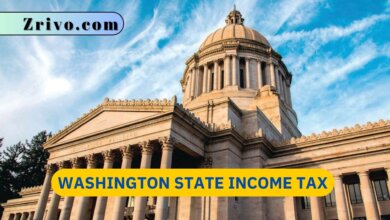Will Kansas Change Tax on Alcohol?
It has been 16 years since Kansas lawmakers last raised alcohol taxes. However, with the state budget sinking further into debt, it is time to consider raising cigarette and alcohol taxes again.
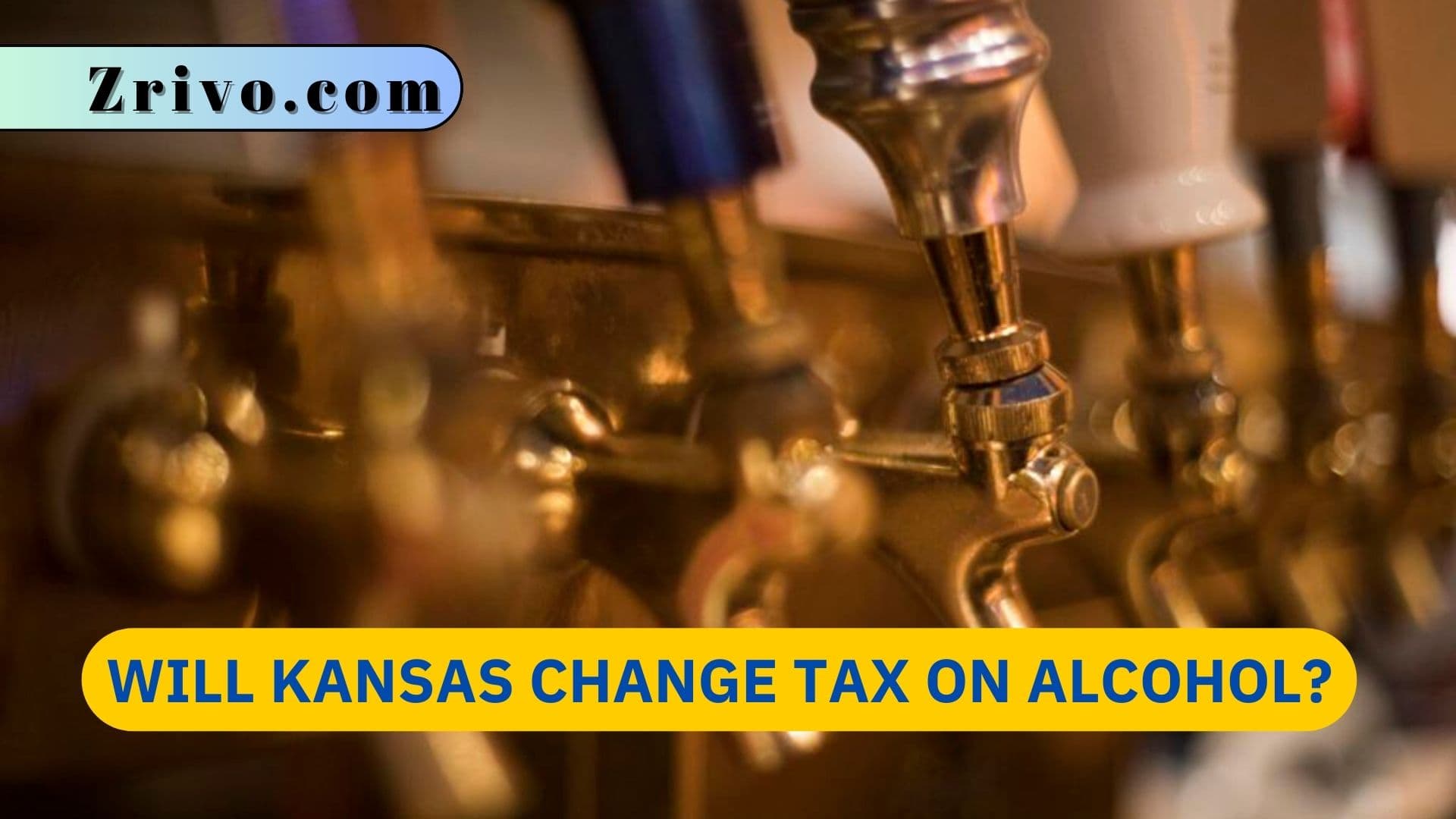
If you sell alcohol in the State of Kansas, then you must pay a liquor drink tax. This tax is levied on alcoholic beverages like wine, beer, and liquor and is implemented at both the state and federal levels. The tax is passed on to the consumer in the form of higher alcohol prices. To comply with the liquor drink tax, you must submit a bond to the State of Kansas. The bond is a financial guarantee that you will operate your business in accordance with all applicable liquor drink laws, rules, and regulations. The required bond amount is $1,000 or your three-month average liquor drink tax liability.
The alcoholic liquor and cereal malt beverage gallonage tax provided for in this section shall not be imposed upon any alcoholic liquor or cereal malt beverage sold by the holder of a club license, drinking establishment license, public venue license, or temporary permit holder for consumption on premises occupied by that holder, except that such tax may be imposed on all gross receipts derived from the sale of alcoholic liquor and cereal malt beverage to consumers while on the grounds of the Kansas state fair under the supervision of a temporary permit holder holding a state fair license. Upon deposit of such revenue in the state treasury, 25% shall be credited to the general fund, 5% shall be credited to the community alcoholism and intoxication program fund, and 70% shall be credited to the local alcoholic liquor control fund established pursuant to K.S.A. 79-41a04.
To be liable for collecting and remitting the liquor drink tax, you must have what is called “economic nexus.” Economic nexus is the ability to collect sales tax in a state without having physical operations there. Some examples of economic nexus are having employees in the state, storing inventory in the state, and selling on-site at a state event.
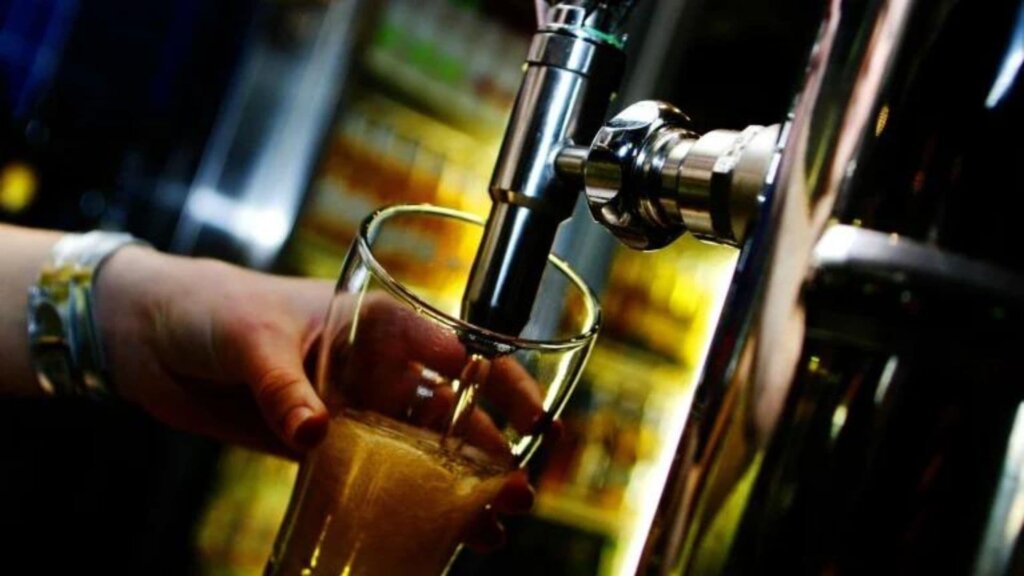
What is the Liquor Tax Bond in Kansas?
A liquor tax bond is a type of surety bond that guarantees the payment of alcohol taxes and fees. It is required by the state of Kansas for businesses that sell alcoholic beverages. The bond protects the state’s revenue by ensuring compliance with state alcohol tax laws. It also promotes accountability and transparency in the alcoholic beverage industry. If a business fails to meet its obligations, it can be sued by the state for financial compensation.
In addition, the bond also depicts a professional image in the eyes of existing and prospective end-users. It is important for individuals who operate in the field of alcohol to have a good image, as this will allow them to build a solid business reputation in the industry. This is important because current and prospective end-users are more likely to trust businesses with high ethics and professionalism standards.
Liquor Drink Tax bonds are considered higher-risk surety bonds, and as a result, the premiums for them are usually higher than those for other types of surety bonds. However, there are a few ways that an individual can reduce the amount they pay for a liquor drink tax bond. One way is to apply for a waiver. This can be done by submitting a written request to the KDOR. The request must be submitted within 24 months of the effective date of the alcohol bond.
